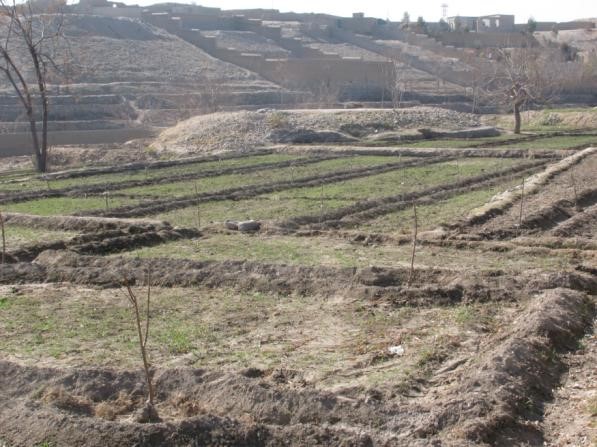CIS Project Mission Statement:
“The Civil Information Sharing (CIS) Project conducts research to improve the collection, analysis and sharing of civil information to assist military and civilian decision makers in planning for and/or responding to disasters and conflict. Through its research, the CIS Project also supports efforts to improve the sharing of information and coordination of effort among military units, other U.S. Government Agencies and civilian organizations engaged in reconstruction and stability efforts (both domestic and foreign) in post-disaster/post-conflict environments.”

The Civil Information Sharing (CIS) Project was initially launched as the ADT Project at the Network Science Center at the U.S. Military Academy at West Point. The focus of the initial research effort was to work with military organizations and technology developers to create better ways for the military’s Agribusiness Development Teams (ADTs) — military units that worked in Afghanistan to restore that nation’s agriculture and food systems — to gather information on their work and share that information with other military units, with U.S. government civilian agencies, such as the U.S. Department of Agriculture and the U.S. Agency for International Development, with Afghan government officials and with non-governmental organizations. It was believed that better information sharing would result in better coordination of effort among all parties operating on the ground in Afghanistan.
In time, the CIS Project evolved to provide support to U.S. Army Civil Affairs units and other Army units engaged in efforts to improve stability in countries impacted by natural disasters and conflict. The CIS Project has focused on two challenges faced by military decision makers — determining what information (data) they need to collect and how to analyze that information to understand the problems facing a given population in their areas of deployment and how best to help that population.

Because food security is a critical need for people in post-conflict and post-disaster environments, the CIS Project has most focused its work in developing data collection processes and analytics that can help military and civilian decision makers understand how local food systems are impacted by disaster and conflict. This information helps determine what most needs to be protected or rapidly restored to keep food flowing to a population.
The CIS Project is now using this same approach to assist with disaster planning and response in the U.S. with the main focus on building food system resiliency by protecting all the components of local food systems. Understanding the complete food system requires much more than knowing locations and information on farms. It also requires understanding the connections between food producers, food processors, storage facilities, food distribution centers and retailers, as well as energy and transportation networks that support the food system.
The CIS Project assists in collecting this data on local food systems in the U.S. and abroad and in providing the analysis of this data that helps map these systems.